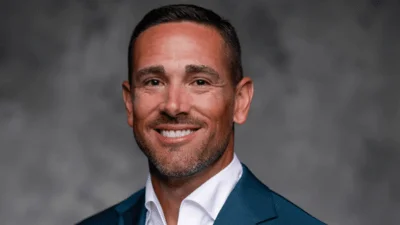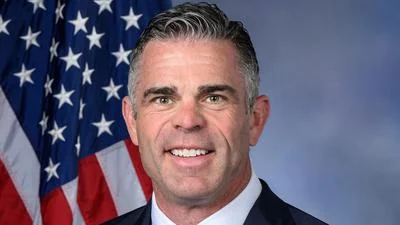A contributing factor in the rise of fentanyl-related deaths relates to its increase in availability. | Adobe Stock
A contributing factor in the rise of fentanyl-related deaths relates to its increase in availability. | Adobe Stock
With the number of fentanyl-related overdose deaths up by 97% over the last 24 months, Wisconsin Department of Health Services officials—as part of the state’s public health advisory—are now encouraging local drug users to use recently legalized fentanyl test strips before consuming any drugs.
Earlier this year, state officials moved to legalize the use of the testing strips, which still remain illegal in 19 states based on old paraphernalia laws; a recent WLUK report said. The strips test any product for the presence of fentanyl, with results being rendered in as quickly as 15 seconds after being exposed to the product.
“I think that it is definitely alarming, and it really only shows a small picture of the real reality out there,” Vivent Health supervisor Ben Brusso told WLUK. “It just speaks to the need for more harm reduction support as far as making sure people have access to these strips and Narcan is available in all places.”
Many of the overdoses have been traced back to drugs mixed with fentanyl, a drug much stronger than heroin or morphine; an August WLUK report said. It is often mixed in to increase potency or cut down on drug costs for manufacturers.
As part of their plan, state officials are set to pump up to $2 million into the testing strip plan, making them more widely accessible to all while still insisting that cracking down on illegal drug use overall remains a top priority.
Last year, Vivent distributed approximately 45,957 fentanyl tests across the state, including 7,322 in Appleton and 6,218 in Green Bay.
“I think regardless people are using drugs and we accept that as part of our society,” Bruso said. “We’re here just to ensure people can reduce harm so that when they do make it to sobriety or reduced use there is less harm caused. Folks can’t recover if they’re passed away, so we just have to keep them safe now.”




 Alerts Sign-up
Alerts Sign-up